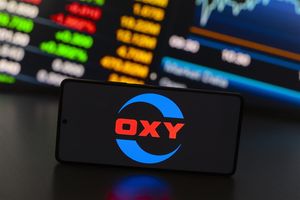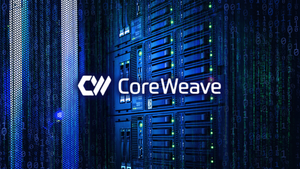(BPT) - The protein is extra - and new Empower research reveals that 43% of Americans say protein-enhanced versions of everyday items like bagels, chips, and drinks are worth the higher price, rising to 54% for younger generations. Over 1 in 2 Americans (55%) report protein and protein-added items cost more due to inflation and tariffs, and 52% say the rise of protein products has noticeably increased their grocery spending (60% younger generations). Half (49%) think protein has become a "premium" ingredient and they expect to pay more for foods labeled high-protein (57% younger generations).
Younger consumers are driving the protein trend, with 56% of Gen Z and Millennials willing to spend more (versus 34% older generations; 44% overall) - adding up to 3x as much money on protein items than Boomers ($71 per week vs. $27, respectively).
As fast-casual counters and beverages deliver options, shoppers are opting in: 48% of people (and 60% of younger generations) often choose grain or salad bowls with added protein, and 42% upgrade meals by adding a "double protein" option (e.g., double chicken, extra tofu, additional steak), rising to 57% for younger generations. Some 39% say they add a boost to smoothies for an upcharge (53% younger generations; 17% Boomers). Four in 10 (41%) people would reduce spending on other grocery categories (e.g., snacks, produce) to afford more protein-based items (53% Millennials).
Protein price tag
Americans spend an average of $50 a week on protein products, with younger generations spending the most:
- Gen Z - $75
- Millennials - $67
- Gen X - $48
- Boomers - $27
Make it a double
More than half of people (55%) say they adjust their diet daily to make sure they get enough protein (62% younger generations) and 46% say they buy dedicated "high-protein" products such as shakes, powders, and bars (60% Millennials; 55% Gen Z; 27% Boomers). Compared to the regular version of a product, 72% would be willing to pay more for added protein or a protein-enhanced version. Though 65% of people think most protein-added products are overpriced, half (49%) will spend between $1-$5 more on them, with 23% open to paying between $1-$2 more. Just 28% would not pay any more money.
When it comes to categories where consumers are most willing to pay a premium for protein, traditional sources like meat (57%), eggs (40%), and dairy (32%) top the list, though the trend is expanding to newer categories like pasta (23%) and coffee products (17%).
In which categories are Americans most willing to pay a premium for protein?
- Meat - 57%
- Eggs - 40%
- Breakfast foods (e.g., cereals, yogurt, oatmeal) - 32%
- Dairy - 32%
- Poultry - 32%
- Snacks (e.g., bars, chips, cookies) - 29%
- Beverages (e.g., protein shakes, smoothies, enhanced waters) - 28%
- Prepared meals/bowls - 25%
- Frozen foods - 24%
- Pasta - 23%
- Coffee products - 17%
Americans are split on their preferred meals: 47% say they are more likely to pay a premium for protein in their lunch or dinner items (58% Millennials), while 44% prefer breakfast items (59% Gen Z).
Check the label
Half (50%) of shoppers say protein content is one of the first things they check on nutrition labels (vs. 37% of Boomers). When shopping for groceries, 45% actively look for items that have added protein versions (54% younger generations).
- 49% say when they see "added protein"' on a product label, it makes it more appealing (58% Millennials).
- 46% prefer snacks specifically labeled as "high-protein" (56% younger generations).
- 47% would rather pay extra for protein than for other health-focused add-ons (e.g., fiber, probiotics, vitamins), dipping to 33% of Boomers.
- 43% say even if it costs more, they would switch to a different brand if it offered more protein, rising to 55% for younger generations.
Methodology:
Empower's "The Protein is Extra" study is based on online survey responses from 2,200 Americans ages 18+ from September 6-7, 2025. The survey is weighted to be nationally representative of U.S. adults.
RO4814147-0925






